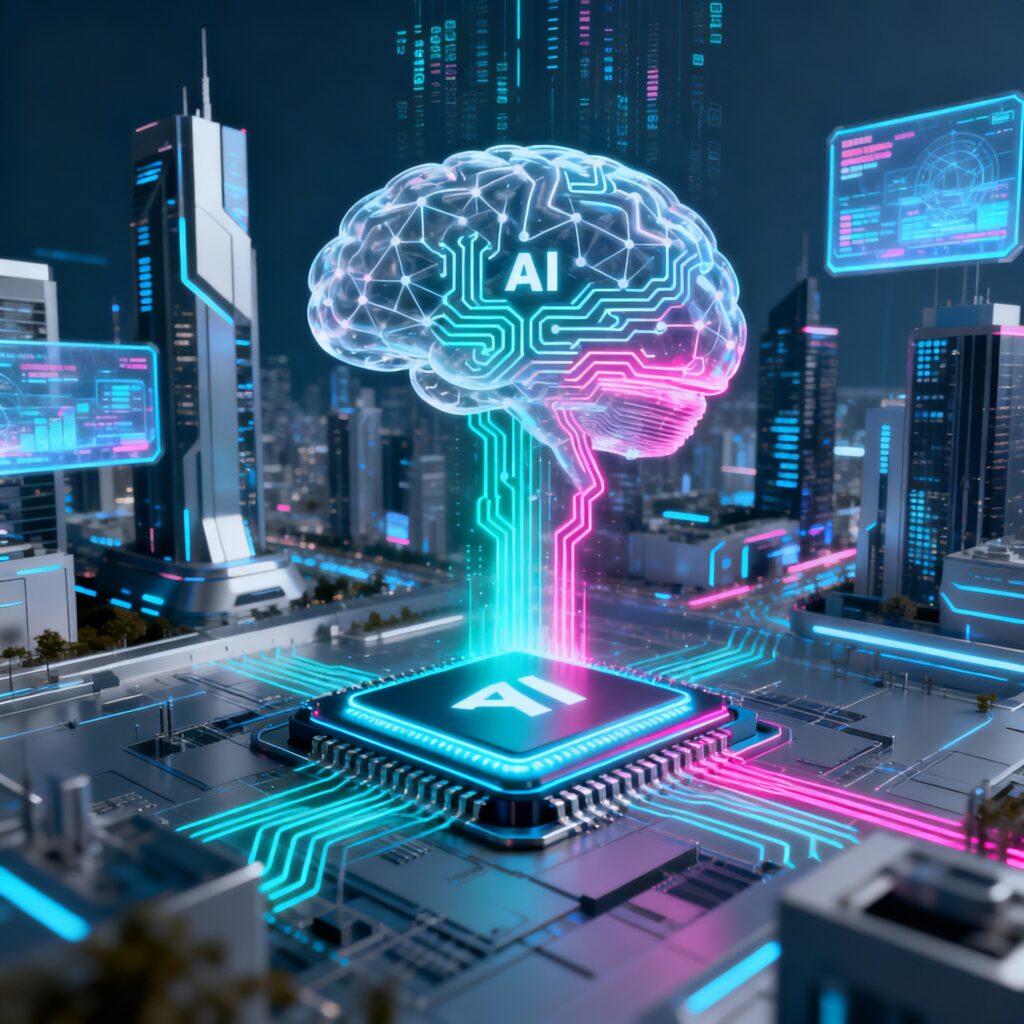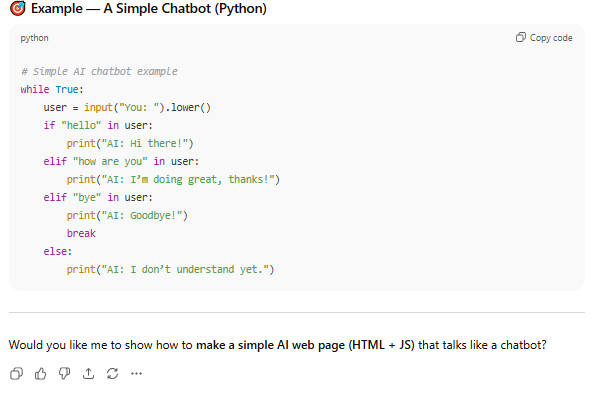
The future of AI technology is poised to profoundly transform industries, society, and everyday life in the coming years. Key trends shaping AI’s future include:
- Generative AI: AI models will create highly sophisticated content including text, images, audio, and simulations. This will revolutionize content creation, design automation, and interactive experiences across sectors, boosting productivity and innovation.
- Advanced Natural Language Processing: AI will better understand context, emotions, and sentiments, leading to more natural and personalized conversational agents that can engage users across languages.
- AI in Healthcare: Personalized medicine driven by AI analyzing genetic and patient data will optimize treatments and early diagnosis. Remote monitoring with AI-equipped wearables will improve patient outcomes and healthcare accessibility.
- Autonomous Vehicles and Smart Transportation: AI-driven navigation, vehicle-to-everything communication, and predictive maintenance will improve traffic management, road safety, and urban mobility.
- AI Cybersecurity: AI-powered threat detection and automated incident response will provide robust, adaptive defense against evolving cyber risks.
- Ethical AI and Regulations: Transparency, bias mitigation, explainability, and data privacy will become core priorities supported by legal frameworks ensuring responsible AI use.
- Agentic AI: AI systems will increasingly operate autonomously to optimize industrial processes, personalize assistance, and augment creativity while allowing humans to focus on strategic tasks.
- Environmental Sustainability: AI will enhance climate modeling, precision agriculture, energy grid management, and carbon footprint analytics to support global sustainability goals.
- Multimodal AI: Combining text, image, and voice data, AI will provide richer, more intuitive human-computer interactions, empowering applications from robotics to advanced content search.
- Quantum Computing: Emerging quantum AI technologies promise to solve complex problems far beyond classical computers, impacting cryptography, drug discovery, and material science.
In summary, AI is evolving to become more powerful, accessible, and responsible, integrating deeply into technology and society to create smarter, more sustainable futures. Organizations that strategically embrace AI innovation and governance will lead the way in this transformative era


